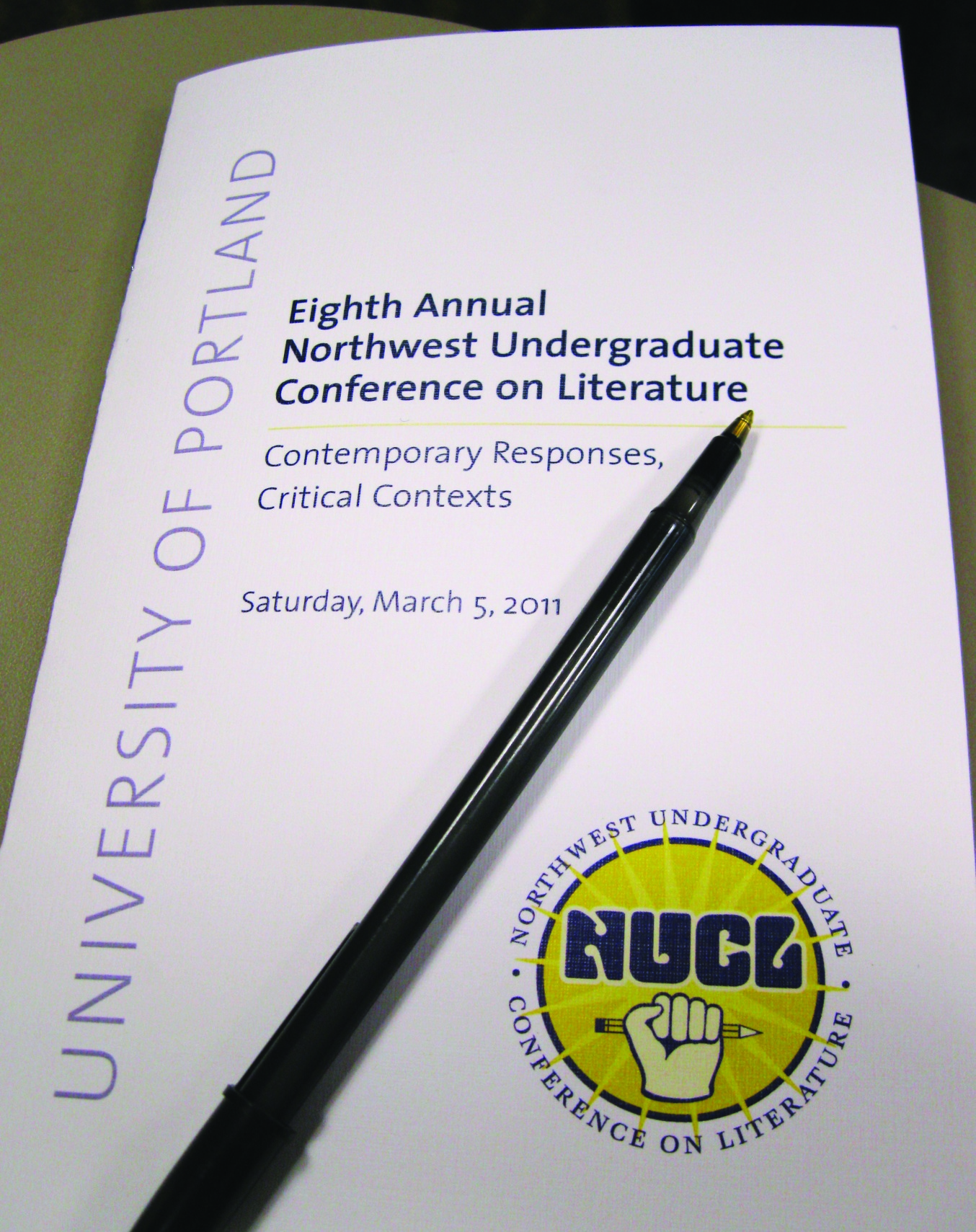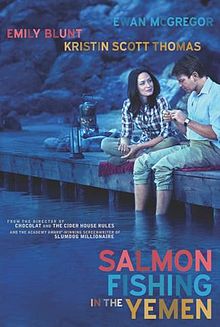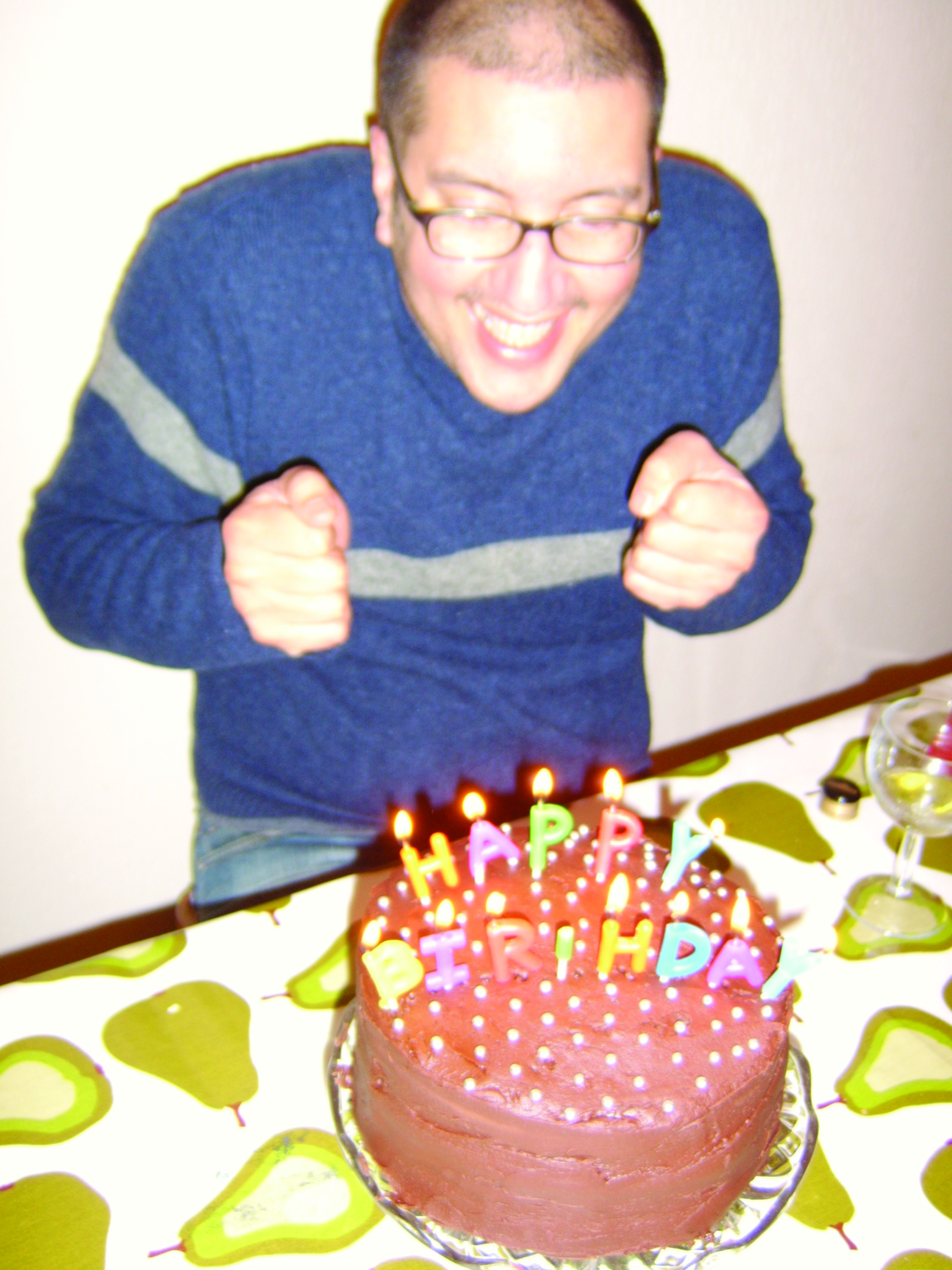
Portland, OR — At the University of Portland, a small Roman Catholic university located on the northern bank of the Willamette River, some members of the English department know me as “The Crack Whore Poem Girl.” I’ve garnered the title because the school hosts the Northwest Undergraduate Conference on Literature, a conference for students interested in literature to share papers written for class, as well as personal poetry and essays.
I attended the conference last year to read poems I had written, one of which began with the line, “If I had to be a crack whore, I’d want to be your crack whore.” I like to think it’s a memorable line, but perhaps not as one that denotes a nickname for myself.
The conference, referred to as NUCL and now in its eighth year, was thought of ten years ago by University of Portland Professor Herman Asarnow.
“My children were involved in science fairs in high school, and one day my daughter asked her teacher why there wasn’t something similar for the humanities,” Asarnow said. “Her teacher answered her with ‘because you can’t know what’s good.’”
For Asarnow, a conference was one way for students to see that the textual discourse they engage in during their classes is part of a much larger critical conversation.
University of Portland Professor Molly Hiro, another NUCL organizer, shared similar sentiments about the goals of the conference. She hopes that by students coming to the conference, they have a way to discuss ideas in a larger, broader context. “Individual scholarly work isn’t just for a grade, but has a larger relevance and becomes a way to think and interact,” Hiro said.
The submission period for the conference is from mid-December to mid-January. Students are notified mid-February if their submission was selected to be presented by them at the conference, usually held around the time of spring break. All students are allowed and encouraged to submit an academic paper or creative writing piece.
The day-long conference consists of three one and a half hour sessions, with seven panels per session. Each panel has three student presenters and two University of Portland students who act as discussion moderators. After the students present their essays, a question and answer session allows for discussion of the ideas raised in the essays. There is a luncheon for the student presenters, during which awards for “Most Creative Writing” and the “Brass NUCL Award” are given to the best creative and the hardest-hitting essays.
After lunch there is a keynote address. This year’s address was supposed to be delivered by University of Virginia Professor Mark Edmundson, author of the books Why Read? and Literature Against Philosophy, Plato to Derrida: A Defence of Poetry. He was unable to attend the conference, so University of Portland Professor Cara Hersh read the speech that Edmundson had prepared.
Edmundson’s keynote address explored the idea of the “self” and “soul” in conflict with each other and how academia and the literature of Freud, Plato, Shakespeare and Thoreau investigate the tension of the desires in the “self” and “soul.” Although Edmundson wasn’t available to answer questions about his speech, Hersh lead the audience in a discussion of Edmundson’s ideas.
Last year was the first time that Puget Sound students attended the conference. This year, senior Jared Stoltzfus, sophomore Ariana Scott-Zechlin, Puget Sound professor Florence Sandler and myself attended the conference held last Saturday, March 5.
Stoltzfus presented his paper “Savage Negation: Syntactic Gothic in Melville’s Benito Cereno”, Scott-Zechlin presented her paper “Time Waits For No Man: Action Versus Inaction in ‘To His Coy Mistress’ and ‘The Love Song of J. Alfred Prufrock’” and I presented a paper titled “Constructing the Autonomous Female: Milton’s Representation of Eve,” written for Professor Sandler’s Bible as Literature course last semester.
While I can’t speak for the other panels that I could not attend, I was truly impressed with the level of critical analysis and the points at which the three essays of my panel met. The texts ranged from John Milton’s Paradise Lost to Sylvia Plath’s The Bell Jar to Helen Fielding’s Bridget Jones’s Diary, yet seamlessly provided the context for an exploration of female independence from the first woman to the “new woman.”
To see how my ideas on the autonomy or oppression of one female character intersected with the ideas of a student, whom I had never met before, on the dilemmas faced by another female character in a novel written nearly 300 years later, at once collapsed and exploded the linear barriers of genre and time that sometimes surround critical analysis of literature.
“Every year it amazes me,” Hiro said at the closing reception after the final session. “When you bring smart, engaged, enthusiastic people together, discussion happens. It shows that people want to discuss their ideas outside class.”
“It’s a thermometer of sorts,” Asarnow said of the conference. “It’s interesting to see what people are interested in in lit. class. Professors should be proud.”
I asked my Puget Sound peers why they submitted essays to the conference:
“Professor Joshi brought it up in class and recommended I submit my paper because I had been considering graduate school,” Scott-Zechlin answered.
“I would like to be a professor some day, and I figured it would be good to start to think of how to get the most out of academic conferences,” Stoltzfus replied.
The conference provided the chance to hear what my peers at other universities are discussing in their classes. With such titles as “Carnival of Words: Applying Bakhtin to Spoken Word Poetry,” “‘Anything Can Be An Instrument’: Adaption as Intersemiotic Translation in No Country for Old Men” and “Wings of Wax: Catholicism, Mythology, and Failure in A Portrait of the Artist as a Young Man,” it is clear that student discourse on literature doesn’t follow a narrow, defined line, but draws from many different subject areas to enhance the understanding of all.
On the drive back to Tacoma, Sandler and I discussed the events of the day spent at the NUCL. She, as a professor of literature, and I, as a student with a passion for literature, both agreed that it provides a place for students who have the desire to see their ideas as part of a larger critical discussion.
I’m willing to bet there are more than a few students who think that critical discussion of literature shouldn’t be limited to the classroom or to a professor’s office.
Our discussion of literature should quite literally be taken “on the road,”—like Jack Kerouac’s revolutionary novel of the same name suggests—across state lines and shatter the illusion that undergraduate thought isn’t a valuable or powerful force on the literary canon and the contemporary analysis of literature.
[PHOTO COURTESY / ALLY LEVER]


